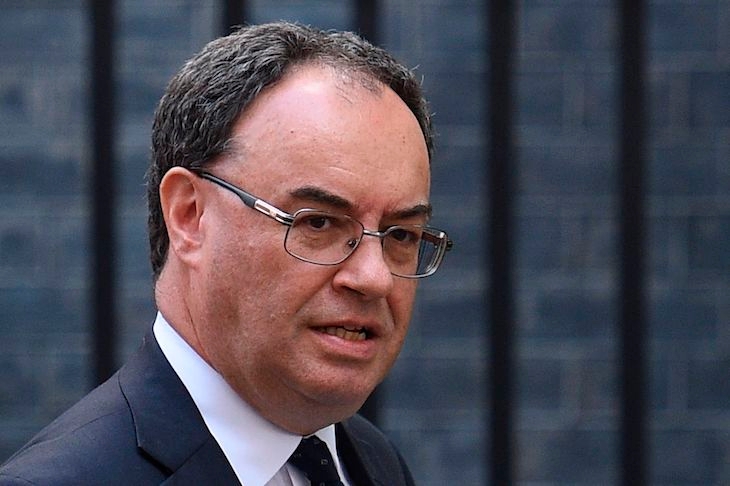Andrew Bailey, announced this morning as the next Governor of the Bank of England, is not, to use a term quoted this morning, a ‘rock star’ banker. He has been sold to the nation as a boring, dependable sort who will steady the horses, the safety-first candidate. It no doubt helps in this impression that he is, in fact, a banker – unlike the labour lawyer now running the European Central Bank, Christine Lagarde.
But that rather misses out a bigger question about Andrew Bailey: what is his attitude towards the regulation of banks and the wider financial sector in general? This matters somewhat as, under his watch, Britain will have to decide how to use its new-found freedom over financial regulation – whether to deregulate, increase regulation or follow the EU.
On regulation, Bailey’s copybook bears several rather large blots. As chief executive of the Financial Conduct Authority (FCA) since 2016, he has presided over a series of scandals that critics have asserted the FCA ought to have had a hand in preventing. There was the London Capital and Finance minibonds scandal, which led to many small investors losing their savings and which inspired a dozen MPs to sign a motion demanding Bailey’s dismissal. There were the Neil Woodford funds and the activities of the Royal Bank of Scotland’s Global Restructuring Group, which was supposed to be helping companies recover from financial problems but was found to be doing rather the opposite: feasting on their assets. In reaction to the latter, Bailey pointed out that lending to small businesses was not regulated, but that perhaps it ought to be.
Generally, Bailey is not a big regulations man. Asked in 2011 as to whether banks should face extra regulation in light of the banking crisis he said:
‘If you take intensive and intrusive [supervision] literally, there is no end to it. Take one of the big banks: there are probably a dozen prudential supervisors working on a big bank, but you could have 120, you could have 200; of course, in the US they do. There is no end to it, unless you are focused and able to apply judgment around that focus.’
In a speech in 2016, shortly before he took charge at the FCA he made a speech arguing that the underlying culture of a bank was more important than regulation. ‘It is not for us as regulators to prescribe culture,’ he argued, ‘that would not work.’ He has also rejected the idea that bonuses should be regulated, as the EU has done, limiting annual bonuses to 100 per cent of basic salary – something which critics have noted has simply inflated bonuses. He has said that as a regulator ‘I don’t tend to ring people up and tell them to get their bonuses down’. Bailey’s approach is rather to insist that ‘remuneration is structured to ensure that individuals have skin in the game, namely that a meaningful amount of past remuneration is retained or deferred and for senior people is at risk should problems then emerge’ – in other words, you crash your bank and your personal wealth goes down with it.
The bonus cap has also been criticised by Mark Carney and could be an early piece of divergence from EU regulation – although one which is fraught with political difficulty for the government, especially given its dependence on votes from traditional Labour areas. Headlines about the good times being back for banker bonuses are not going to go down well.
But bankers will be reassured to note that Bailey’s instincts are, like those of Boris in the wake of the banking crisis, to speak up for bankers. He said in his 2016 speech:
‘Today, the public perception of banking, and some other areas of finance, remains too much towards the exploitative “Greed is good” end of the spectrum. Major changes have occurred since the crisis which have improved behaviour in firms, but public opinion broadly does not recognise these developments and tends to think that nothing has changed.’
Suffice to say, then, that he wouldn’t have been John McDonnell’s man.







Comments